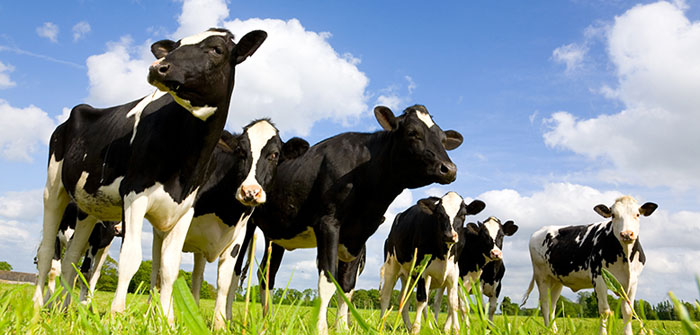Calves may not be receiving the right level of pain relief when undergoing routine animal husbandry procedures including castration and disbudding, new research has found.
The study from The University of Nottingham School of Veterinary Medicine and Science found that despite being recognised as being as painful as other procedures, calf husbandry procedures were significantly less likely to include the use of analgesics such as non-steroidal anti-inflammatory drugs (NSAIDs) in addition to the local anaesthetic that is routinely used.
The results support calls from the British Veterinary Association and British Cattle Veterinary Association for vets and producers to routinely introduce the use of NSAIDs in addition to local anaesthesia when conducting these routine procedures.
The inclusion of an NSAID, in addition to local anaesthetic, when disbudding or castrating calves has been shown to further control the pain, particularly post-operative pain as the local anaesthetic wears off. Their use is considered best practice, although legislation in this area is often out dated, slow to change and may lag behind scientific understanding, public opinion and available drugs.
John Remnant, clinical assistant professor in farm animal health and production at the Nottingham Vet School, said: “Overall, the message of this paper is a positive one – it appears that veterinarians’ awareness of pain in cattle and willingness to use analgesics in general has increased over the last decade.
“However, whilst this should be commended, the apparent lack of use of appropriate analgesia specifically in calves undergoing routine husbandry procedures such as castration and disbudding requires urgent action.”


